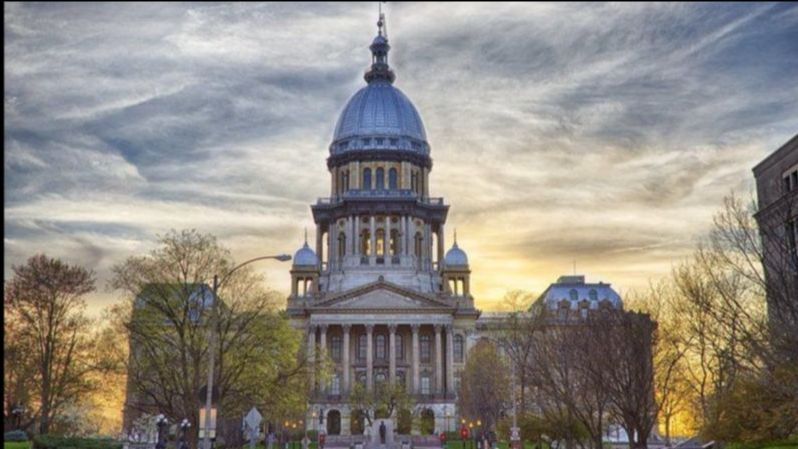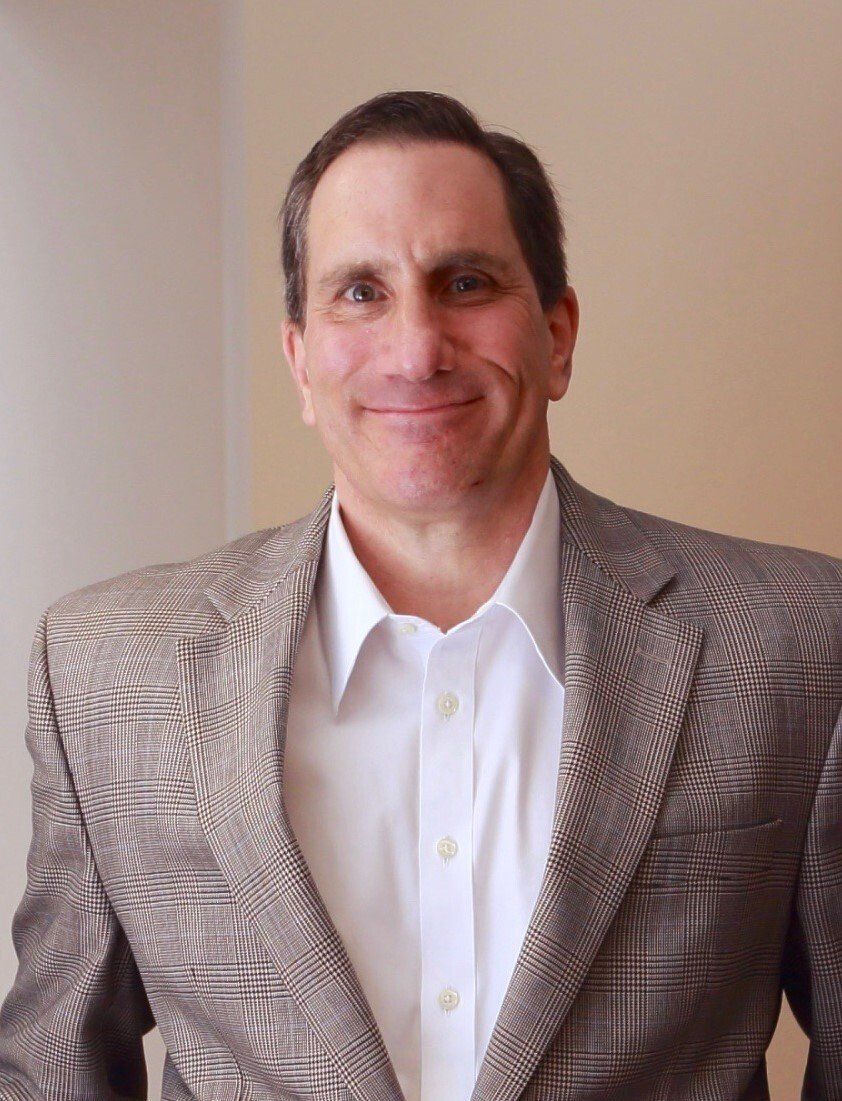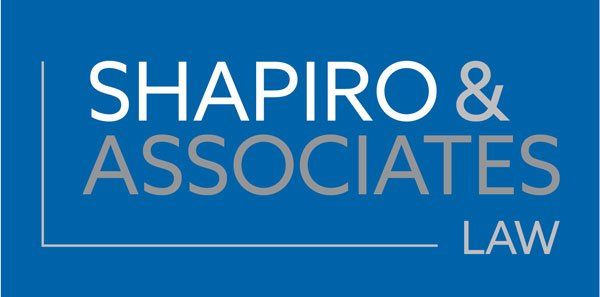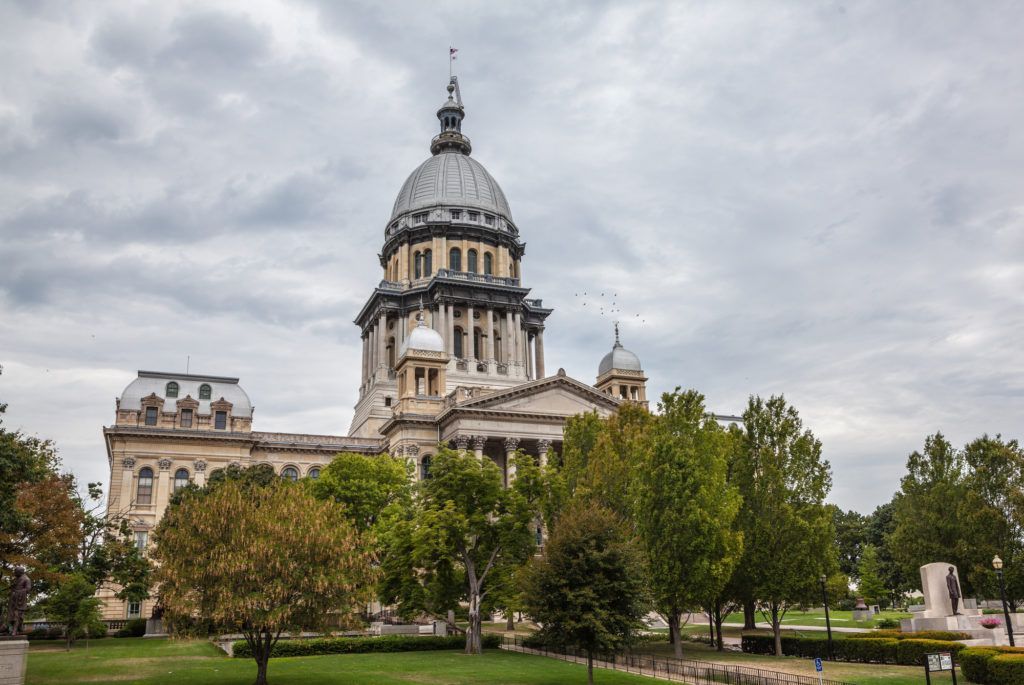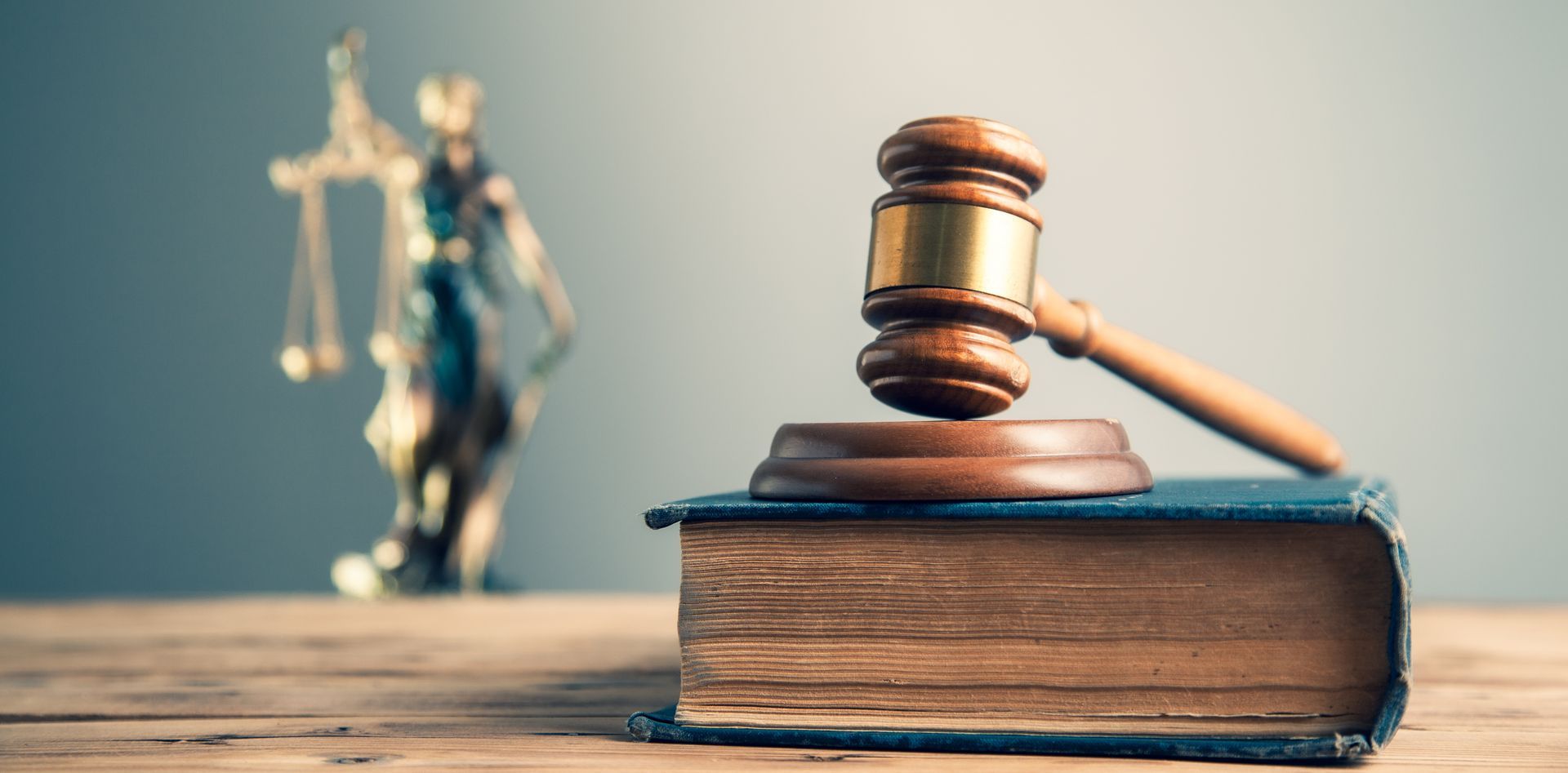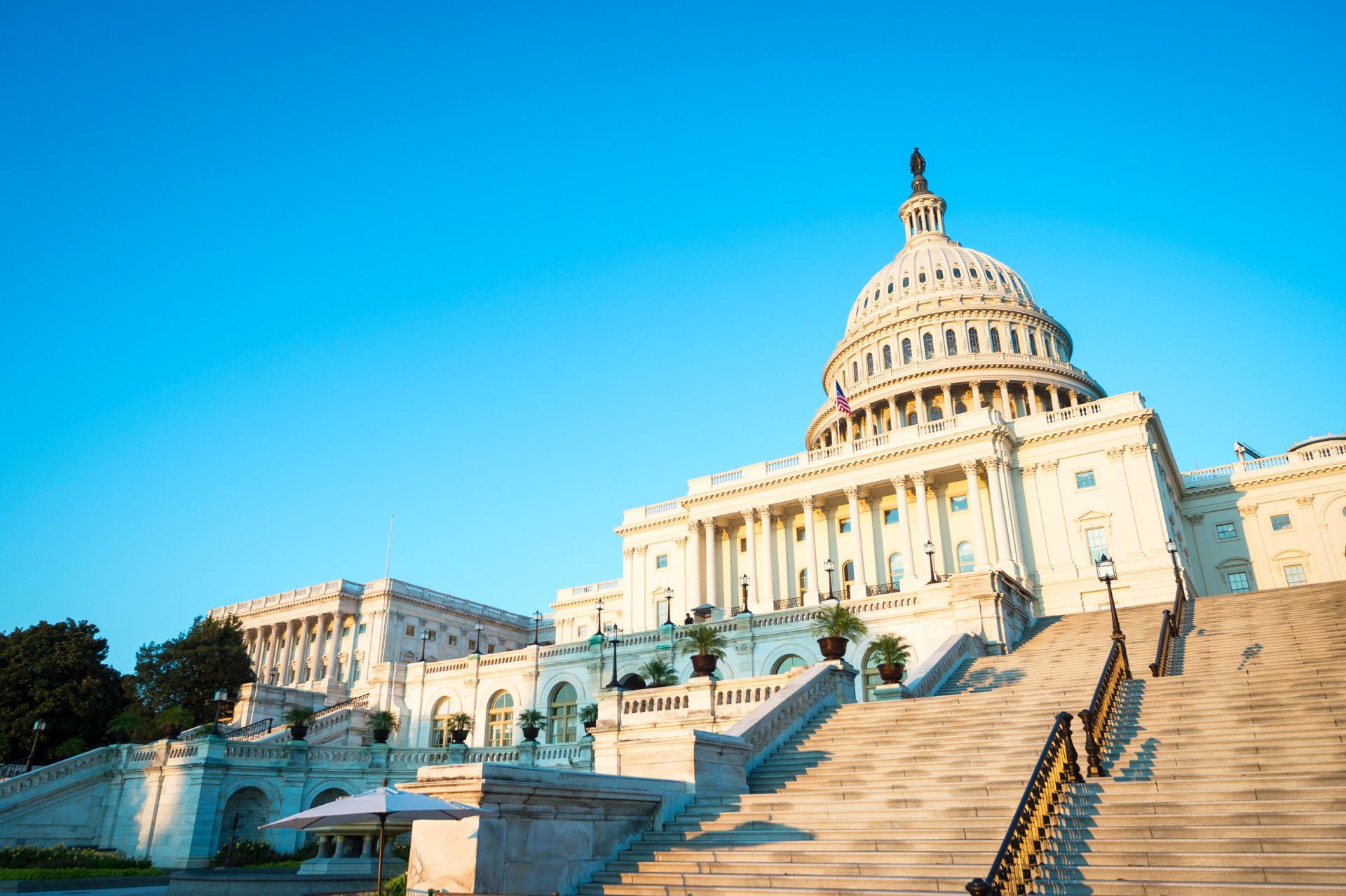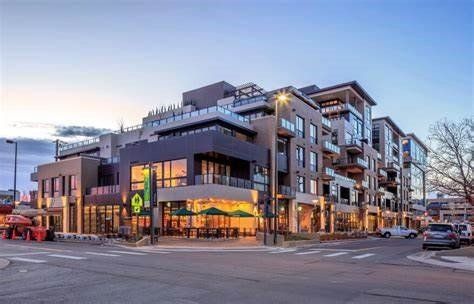| Earlier this month, I had the
privilege of delivering a lecture to the law students at Drexel
University, regarding the relationship between land use and the cannabis
industry. As a land use lawyer with my own firm outside of Chicago,
I explained how land use regulations intersects with the burgeoning
marijuana business.
The law students were interested in exactly what “land use” is, and why I
enjoyed practicing in such a focused area of the law. In answering their
question, it occurred to me that land use is a combination of real estate
law, contract law, constitutional and due process issues, engineering,
architectural, environmental, and zoning compliance concerns. It is, in
fact, an area that demands expertise, collaboration to accomplish the
client’s development goals, while at the same time comporting with state,
local, town and community concerns.
I provided information to the students about starting dispensaries,
craft-grow facilities, edible manufacturing, and consumption lounges –
and how each faces a different land use and zoning concern. Moreover, I
stressed that compliance issues depend on local regulations and those
required by the cannabis licensing application process. Further, even in
states where recreational marijuana is legal, states (like those which
have legalized medicinal marijuana) limit the number of licenses for each
type of cannabis business.
Especially in the area of cannabis, land use has so many levels and
nuances – such as state and local regulations and the application
processes - that young lawyers often overlook due to inexperience.
Furthermore, many states have licensing frameworks that base their
decisions on awarding points. Consequently, lawsuits have been filed
accusing the point-awarders of ill-motives that include racism. It
will ultimately be the courts and the state legislatures which will
decide and opine on these claims.
At the conclusion of my lecture to the Drexel law students, I
emphasized that the marijuana business is not like opening a pop-up
lemon-aid stand or a popsicle stand, contrary to what clients often
believe. Indeed, it is the job of the attorney for such a client to
dissuade them of this view. This view is one of the reasons those
entering the business, and those who continue in the business, need
counsel who is experienced in this nuanced field.
It was a pleasure to spend time talking to the law students by providing
them with some advice which, as soon-to-be lawyers, they should consider
when counseling clients who wish to enter into marijuana businesses. They
must know how to practice effectively and to comply with the rules of
ethics in each state of licensure. As a lawyer, it is their job to
know what is required or consult with the appropriate experts to make
sure the client’s goals do not run afoul with federal and state rules and
laws.
The Shapiro Land Use for Marijuana Businesses video is located on the firm's website.
|
